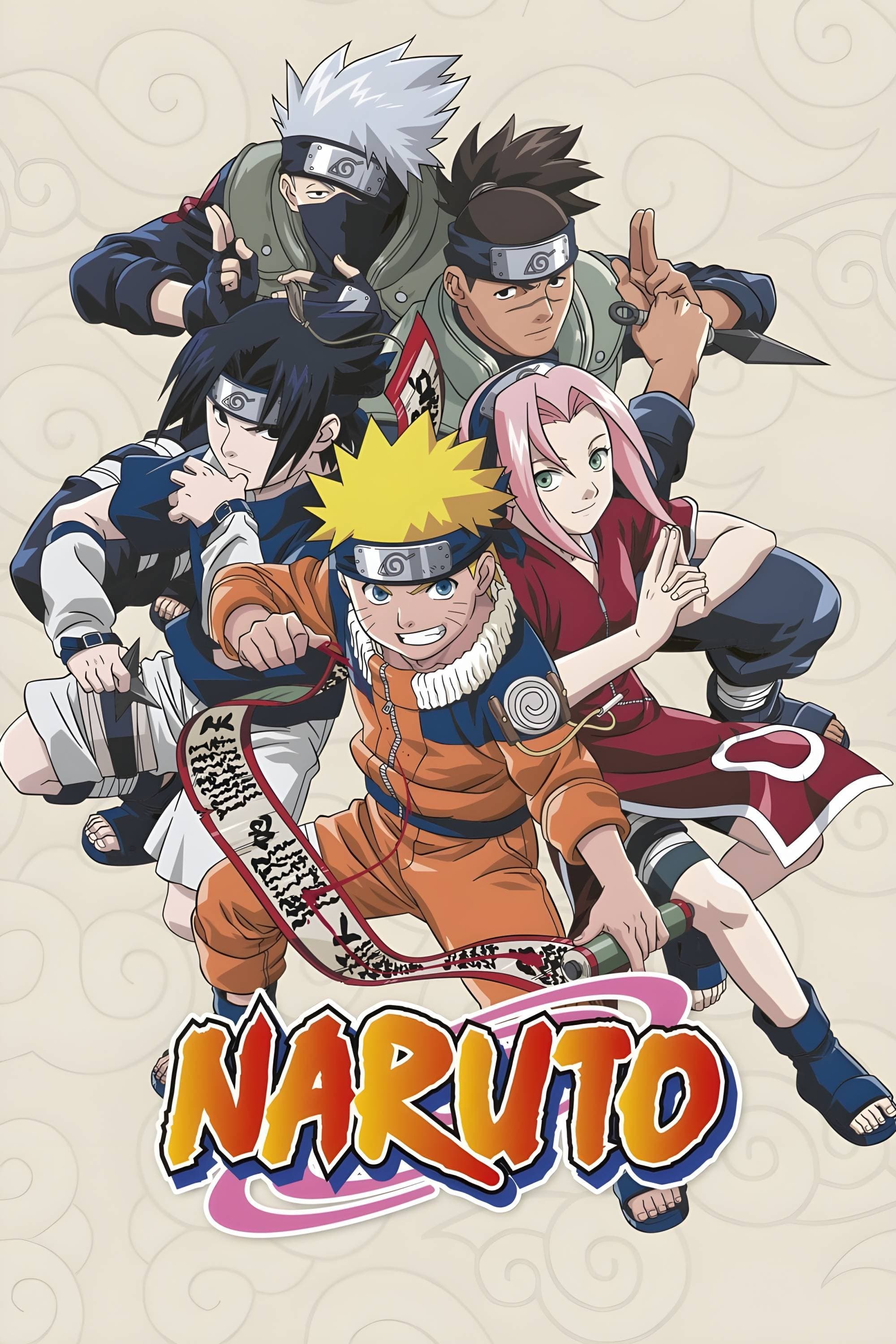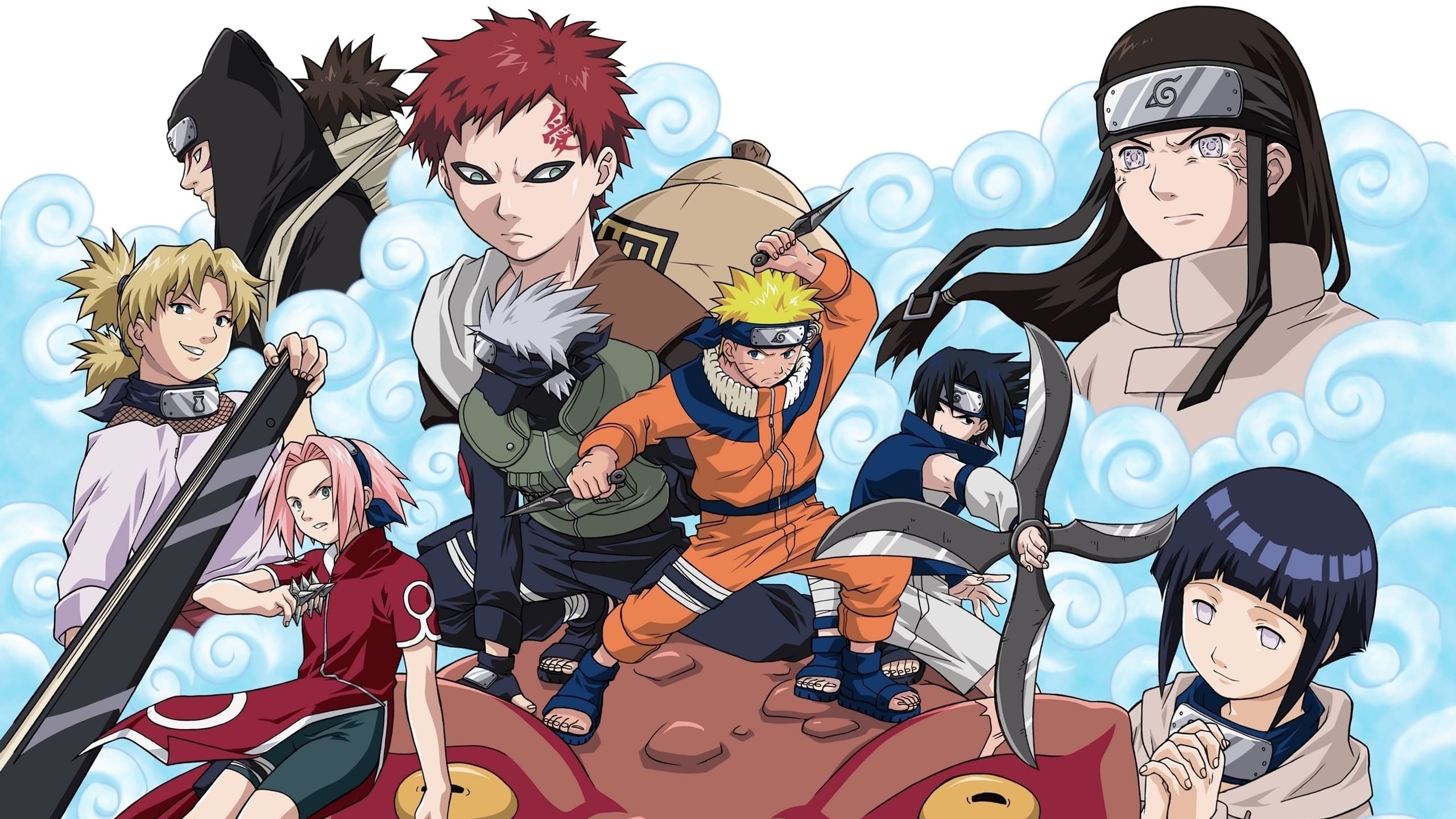Beyond the Ramen: A Deep Dive into Naruto's Enduring Legacy
Naruto. The name conjures images of orange jumpsuits, determined grins, and epic clashes of jutsu. But beyond the flashy animation and iconic characters, lies a surprisingly nuanced and deeply affecting story that continues to resonate with audiences years after its initial run. This isn't just another nostalgic trip down memory lane; this is a deep dive into what makes Naruto (2002) so enduringly powerful.
The Power of Found Family: More Than Just Teamwork
While the anime boasts impressive fight choreography and a sprawling world, its true strength lies in its exploration of family – both the one you're born into and the one you choose. Naruto's journey isn't just about becoming Hokage; it's about overcoming profound loneliness and finding belonging within his chosen family: Team 7. The complex dynamics between Naruto, Sasuke, Sakura, and Kakashi aren't just about shared missions; they're about forging deep, emotional bonds forged in the crucible of shared trauma and unwavering loyalty. This isn't the simplistic "power of friendship" trope; it's a raw portrayal of the messy, complicated, and ultimately rewarding nature of human connection.
The Weight of the Past: Trauma and its Lingering Shadow
Unlike many shonen anime that gloss over darker themes, Naruto delves headfirst into the devastating impact of past trauma. Characters aren't just motivated by simple desires for power; their actions are often driven by deep-seated insecurities and painful memories. Sasuke's thirst for revenge, Naruto's desperate craving for recognition, and even Kakashi's stoicism are all rooted in past experiences that continue to shape their present. This exploration of trauma, while sometimes handled with a certain level of melodrama inherent to the genre, adds a layer of emotional depth rarely seen in anime of its time. It's a testament to the series' ambition to tackle complex psychological themes within a seemingly straightforward action narrative.
Beyond the Jutsu: A Surprisingly Mature Exploration of Politics and War
While ninjas and chakra manipulation are central to the story, Naruto doesn't shy away from exploring broader themes of political maneuvering and the devastating consequences of war. The intricate power struggles between villages, the moral ambiguities of wartime decisions, and the lasting impact of conflict are woven seamlessly into the narrative, adding layers of complexity that enhance the overall experience. This isn't just a story about individual battles; it's a commentary on the cycles of violence and the difficult path toward peace.
The Filler Debate: A Necessary Evil?
Let's address the elephant in the room: the filler arcs. While often criticized, many filler episodes surprisingly offer glimpses into character development and world-building that enrich the overall story. Some filler arcs even explore the side characters, adding depth to the already vast world of Naruto. While the canon storyline remains the core strength, strategically placed filler episodes can enhance the viewing experience for a dedicated fan, offering moments of unexpected charm and character development. The key is discerning which filler to skip and which to embrace for their unique contributions.
A Legacy Forged in Determination: More Than Just an Anime
Naruto (2002) isn't just an anime; it's a cultural phenomenon. Its lasting appeal stems not just from its thrilling action sequences and memorable characters, but from its surprisingly profound exploration of complex themes. It's a story about perseverance, the power of connection, and the enduring hope for a better future. And even with its flaws, it's a journey worth taking, again and again. What are your thoughts on Naruto's lasting impact? Share your perspectives in the comments below!


